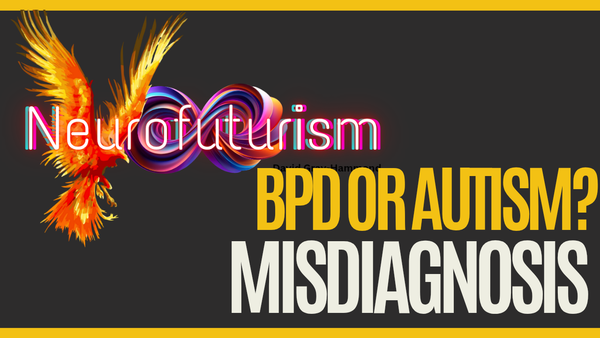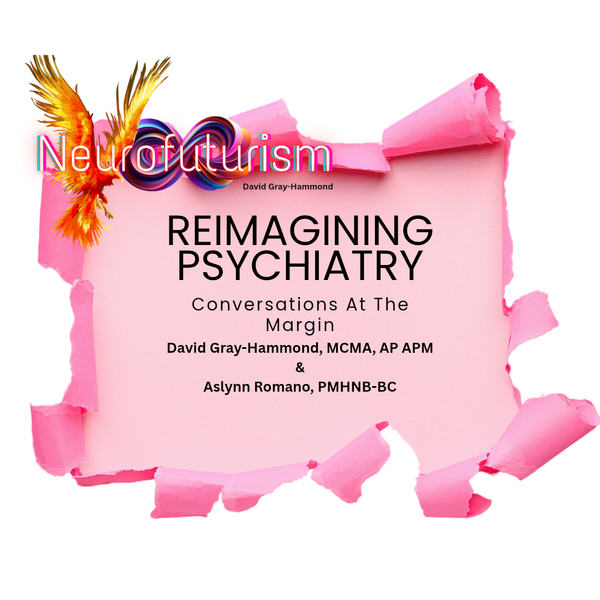CAMHS treated me like a nuisance, I still feel it as an adult
"My pain was not the sort of pain that deserved support. That was what CAMHS had taught me. My life became a monotony of blackouts and suicide attempts. All because services wouldn't support a little Autistic boy who was trying to navigate a cruel and uncaring world."

Child and Adolescent Mental Health Services (CAMHS) have a great many failures under their belt. I have explored them in some detail in my book CAMHS in Crisis and in my articles. I want to take us back to the beginning of my writing for this campaign. I wrote an article called CAMHS nearly killed me and it's not okay. In it, I tried to bring a personal touch to the ways that CAMHS fail Autistic children and young people through my own experience. I want to explore further, considering the effect that they had on me back then, and how it impacts me now as an adult.
My Autistic childhood and CAMHS
I was undiagnosed Autistic at the time, but still observably enough Autistic that when I was referred originally at the age of 10 years old, I was rebuffed at every turn. I grew up in a world that through every nasty label possible at me. CAMHS were supposed to help me when I didn't want to live anymore, but they rejected me. It's a strange feeling to be so unwanted by society that professionals don't want to help you live.
For five seemingly endless years, I faced rejection after rejection. My pain wasn't the right sort of pain. I used to hurt myself in the hopes that CAMHS would deem that pain to be something they would help with. This was happening alongside the abuse I experienced in my childhood. My mother wouldn't know that abuse was happening until well into my teenage years. I felt hated, unwanted. If my pain wasn't enough for them, then why did I need to feel anything at all?
This was perhaps the first step towards the years of addiction that nearly took me from this world.
My teenage years and "the appointment"
I was finally seen by CAMHS at the age of 15. I wasn't a fool. I knew it was because I had stopped attending school. The cruelty of teachers and students had become more than I could handle. The world didn't want me, and I didn't want it. 5 years of CAMHS rejections had taught me that I was an afterthought to society.
My meeting with the CAMHS psychiatrist was a five minute exercise in futility. They weren't interested in me or my pain. They just wanted to medicate me back into school. When it became clear that it wouldn't be that simple, they discharged me. Professionals, it seemed, did not want me to live a happy life for me. They wanted me to live an obedient life of their choosing.
That appointment taught my teenage mind that those with power over me thought chemical intervention was a valid replacement for support and compassion for myself. I didn't realise it at the time, but these failures were sending me down a deeply dark path.
Adulthood After CAMHS
I entered adulthood carrying the trauma of my childhood, and the weight of rejection inflicted by services like CAMHS. I used to wonder why I started taking drugs and alcohol so excessively. In truth, every opportunity had been presented in my childhood to change trajectory, but CAMHS were not interested. I was left to meet my own needs.
When I started hearing voices around 6 months after my 18th birthday, there was one thing I was sure of: I did not trust psychiatrists. So began years of escalating drug use. First, it was cannabis and alcohol, then party drugs. By the end of university, I was taking huge quantities of spice, opiates, and diazepam (valium).
My pain was not the sort of pain that deserved support. That was what CAMHS had taught me. My life became a monotony of blackouts and suicide attempts. All because services wouldn't support a little Autistic boy who was trying to navigate a cruel and uncaring world. I deserved better. Countless Autistic children deserved better. Our Autistic children and young people today, deserve better.
Resolution
I can't go back and change the past. In truth, despite the pain I have carried with me, I wouldn't even if I could. My life today is a relatively happy one. I want Autistic children to feel fulfilled in life without having to carry the pain that I did. So, I campaign, I fight, I shout, I write. I will do what I can to force change. I want to be the person I needed back then. Every child lost is an indictment on a system that oppresses us by design.


